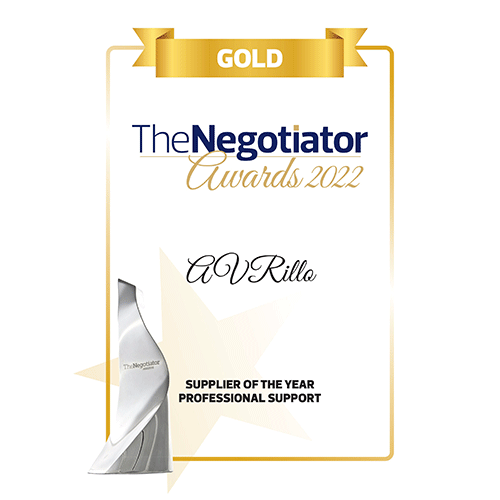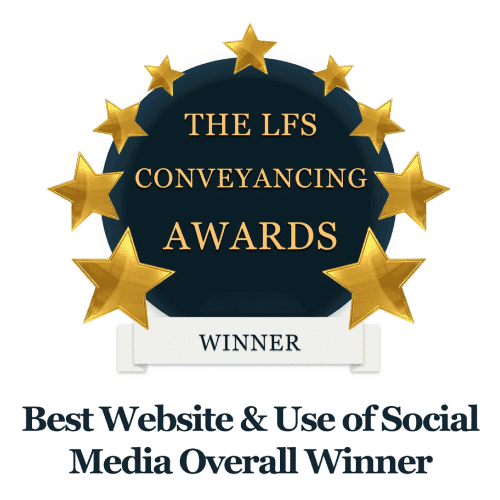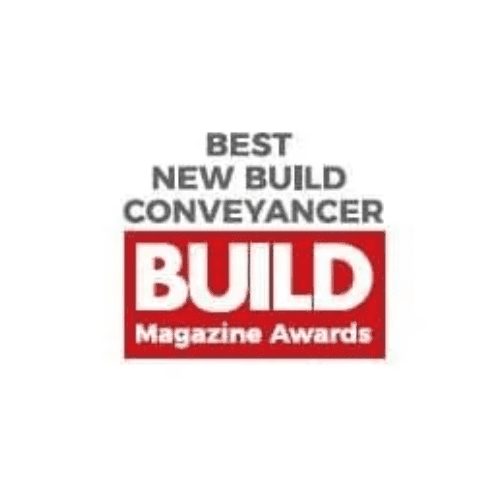Conveyancing Solicitors in Plymouth
AVRillo Conveyancing Solicitors in Plymouth is accredited member of the Conveyancing Quality Scheme (CQS)
Plymouth is a port city found in South West England. It is 193 miles southwest of London and 36 miles southwest of Exeter. In the last census of 2011, Plymouth had a population of 240,720.with an average household size of 2.3 persons. The major landmark in this city is the Roland Levinsky building found at the city's heart. It was opened in 2008 and is home to the popular University of Plymouth Arts faculty. Other famous landmarks in the city include the Plymouth Hoe, Beckley Point, and the Naval War Memorial. The best neighbourhood you can live in Plymouth is the Mannamead – one of the 14 conservation areas in the city. Hartley borders this neighbourhood to the north. It is one of the most desirable residences in the city. The average property price in Plymouth is £191,645. You can move any property in Plymouth if you have a licensed property solicitor to help you with the process. Need immediate help? Call our conveyancing solicitors in Plymouth on tel:0208 370 3877. Hire the top Plymouth property law experts for your next deal.




















